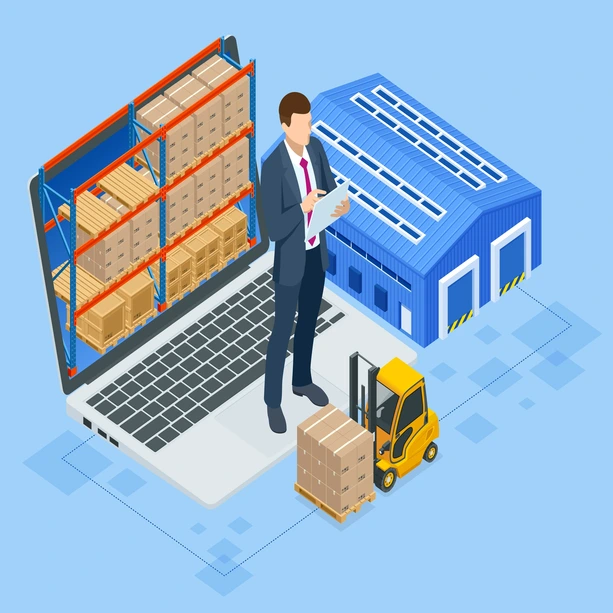Brick-and-mortar retail stores are changing forever. With the rise of online eCommerce and disruptive technologies, digital transformation is necessary for survival. Customer standards and expectations have begun to change, causing retailers to seek solutions – such as asset and inventory tracking systems.
Problems arise when trying to find the right IoT strategy. Retailers, warehouses, and distribution centers need solutions that provide a strong ROI. Let’s take a look at some topics to consider before investing in an IoT asset tracking solution.
Finding the Right IoT Asset Tracking Solution for Retailers, Warehouses, and Distributors
One of the first assumptions that retailers make is that their needs can be met with a one-size-fits-all platform. However, finding a long-term IoT strategy and solution for your business-specific needs that can scale with your company is key. Typically, as time passes, the amount of data storage needs increase, the amount of materials and equipment increase, and therefore, it is important to choose a roadmap that is scalable.
Before scouring the internet for IoT platform providers, there are three important questions that you should consider:
- What problem(s) do you want to solve?
- What would you achieve once the problem is solved?
- What is the best possible solution?
Once your store has answers to these it will be easier to find the right platform. Any sales rep can wow you with a demo, but with the right questions, you can know which platform will provide the best fit.
At Link Labs, we provide flexible IoT asset tracking solutions to help retailers and warehouses more efficiently monitor and track their materials and assets. We work with customers to bring their use cases to life.
Associated Costs of an IoT System for Retail and Warehouses
Ensuring an IoT solution will help generate an ROI is a good core reason to invest in one. But how do you calculate the Return On Investment? How can you know if the benefits of an IoT platform will outway the costs? Here’s a breakdown of some of the key costs associated with an IoT asset tracking system:
- IoT hardware costs: IoT technology requires the integration of hardware devices. Depending on the volume needed, the price per unit will go up or down. For example with Link Labs, if you need to track 100 returnable shipping containers, you’ll need 100 asset tracking tags. If you need more tags, such as 200, the price will lower for each additional tag.
- IoT software costs: An IoT platform is the core aspect of the solution framework. It is a centralized software network that can be used to monitor and control connected devices. On-going software costs typically include annual licensing and user fees.
- IoT installation costs: When launching an IoT asset tracking solution, installation costs can vary. Sometimes this is included in existing hardware and software fees - although not always.
At Link Labs, we are eager to help our customers get the best deal. Once the use case has been established and we know that our platform will provide an ROI, we ensure our customers get the most bang for their buck.
Increase Your ROI by Investing in AirFinder Everywhere
- Loss Prevention. Reduce the amount of loss that occurs during the supply chain process
- Location Coverage. AirFinder Everywhere uses a combination of GPS, Cellular, and WiFi to determine location everywhere
- Security Alerts. Know when a delay in shipment has occurred so the problem
can be addressed immediately.
Piloting for Successful Asset Tracking Implementation
Most retailers, warehouses, and distributors think that once they find the right platform, they need to commit 100%. The truth is, your company probably just needs a pilot. The purpose of a pilot is to gauge what works and what doesn’t. Pick a small percentage of warehouses and distribution centers to evaluate, then any problems that are discovered can be addressed before a company- wide roll-out.
At Link Labs, we make solution implementation a breeze. A team of experts will guide your pilot process every step of the way to ensure success.
The Future of IoT in Retail and Distribution
Retailers are realizing that connecting physical assets to the cloud and IoT is improving business processes in many ways. Here are just a few ways you can make IoT asset tracking work for you:
- Real time location monitoring
- WIP tracking
- Inventory management
- Process efficiency
- And much more!
Implementing an IoT platform can be a daunting task – but it doesn’t have to be. Using the key points listed above, you can make more informed decisions before taking the next step in your implementation journey.
For more information on the Link Labs asset tracking system, reach out to our team of experts for a demo today!




